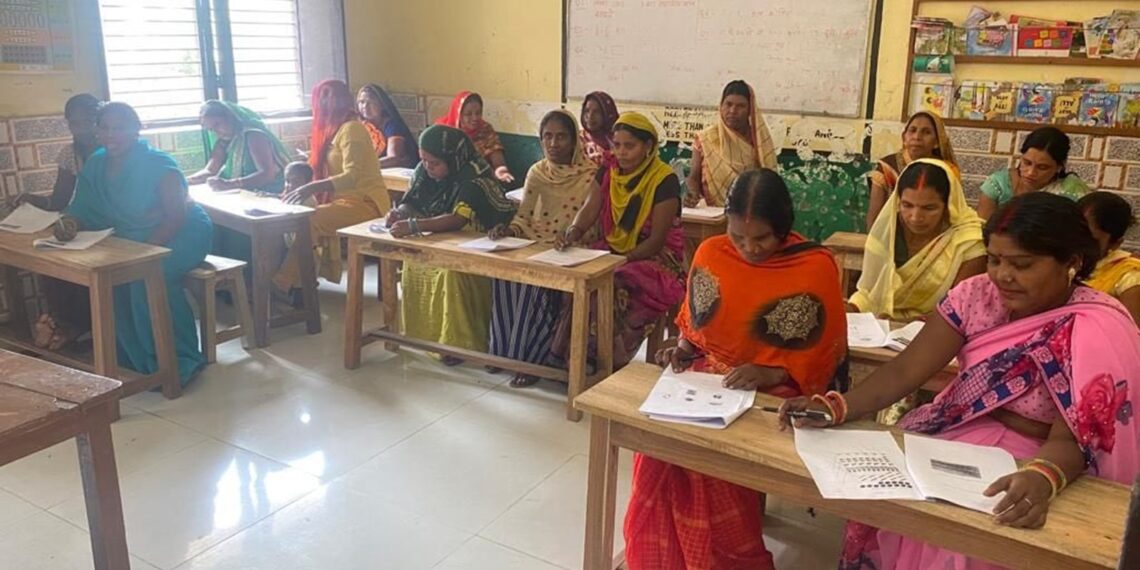New Delhi: Tripura has emerged as one of the leading states in adult literacy performance, alongside Tamil Nadu and Delhi, according to the latest data from the Foundational Literacy and Numeracy Assessment Test (FLNAT), conducted under the ULLAS – Nav Bharat Saaksharta Karyakram.
The FLNAT, developed by the National Institute of Open Schooling (NIOS), evaluates foundational literacy and numeracy skills among non-literate adult learners through assessments in reading, writing, and numeracy, with a total score of 150 marks.
The assessment aims to certify individuals as literate after they complete state-supported training programmes.
Between July 2024 and March 2025, more than 1.77 crore adult learners were assessed across India.
However, by May 2025, only 34.31 lakh had been officially certified, marking a national certification average of just 19.4%.
Amid these modest nationwide figures, Tripura stood out with a 98.1% success rate, certifying 13,909 of the 14,179 adult learners who appeared for the test.
This performance places Tripura among the top three states in adult literacy certification.
Tamil Nadu led the rankings with a perfect 100% success rate, certifying all 5,09,694 learners who took the test.
Delhi followed closely, certifying 7,901 of 7,959 participants—an impressive 99.3% success rate.
By contrast, some states recorded relatively lower certification outcomes despite fair participation.
Uttarakhand certified 85.7% of its test takers, Gujarat achieved 87.1%, and Himachal Pradesh reached 88.3%.
ALSO READ: Gukesh scores first classical win over Erigaisi, moves to second in Norway Chess
This is the third national FLNAT exercise, with previous assessments held in March and September 2023.
In the September 2023 round alone, over 17.39 lakh learners appeared, and 15.59 lakh were certified—indicating significantly higher success rates than the latest round.
The latest FLNAT results not only showcase the commendable efforts of states like Tripura in tackling adult illiteracy but also highlight the need for other regions to strengthen their outreach, training, and certification mechanisms.















